Tucked into this remote mountain valley, perched almost on top of the Chiang Rai, Chiang Mai, and Lampang provincial borders, at the very end of a barely passable road, one that was only put in by the Thai state a scant five years ago—and quite literally ends in the village centre—sits Suan Lahu Farm. A fully certified organic farm and traditional coffee grower and roaster, run and maintained almost exclusively by the owners, farm workers, labourers, and volunteers from the Lahu village on the opposite side of the valley from the farm.
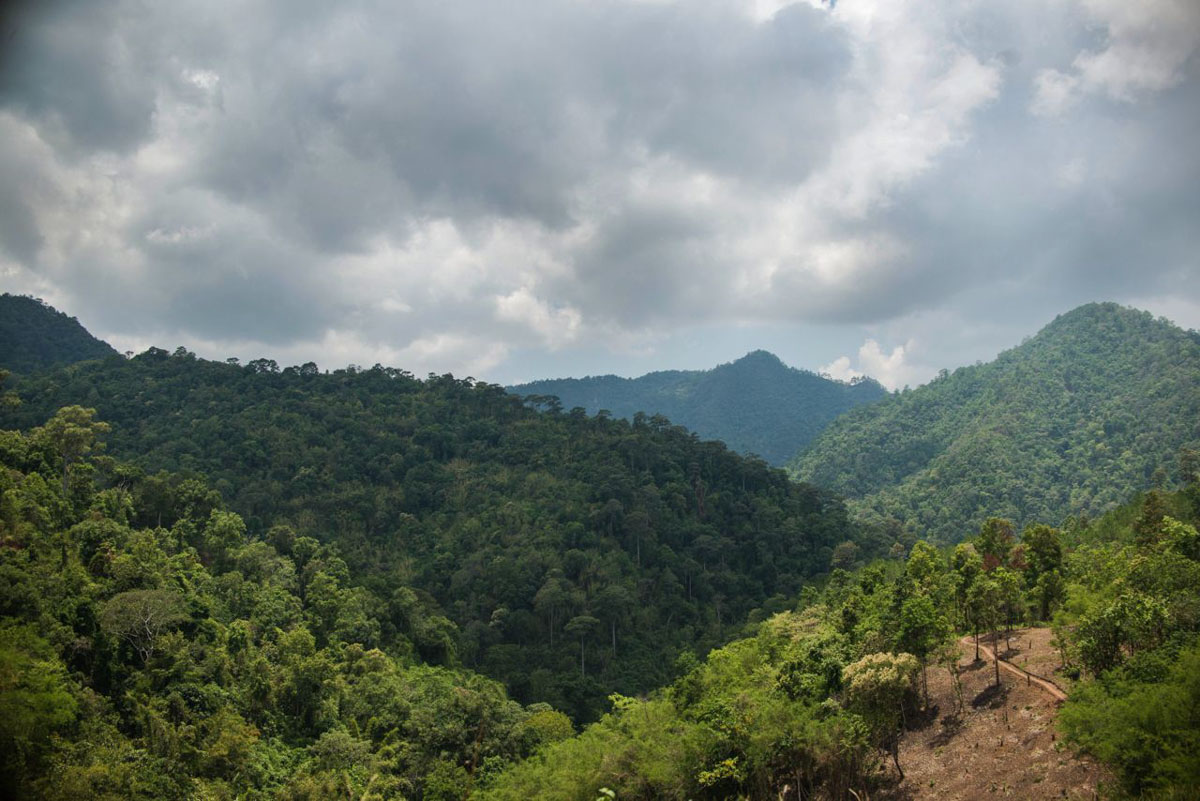
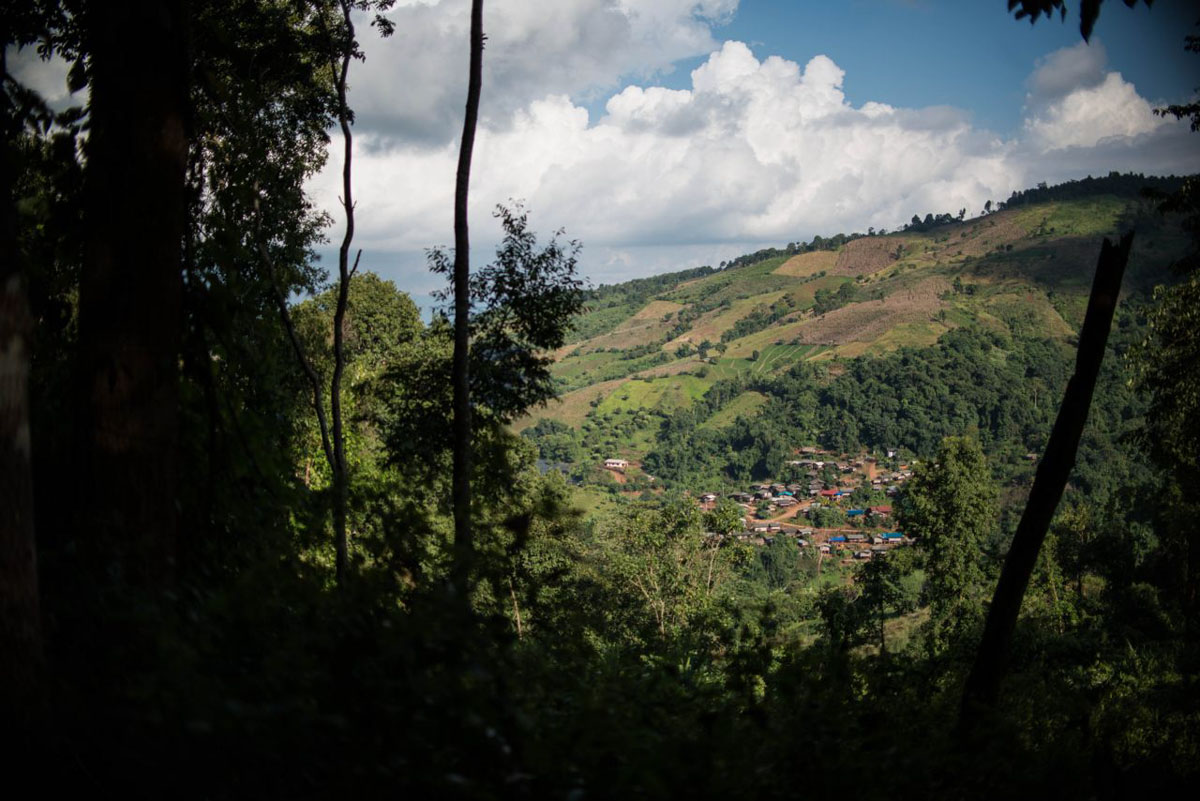
The Lahu are one of the several highland peoples indigenous to the Southeast Asian highlands. For centuries they have shared the highlands with other ethnic groups. Originating in what is now known as Tibet, the Lahu people migrated first into southern China and then south through Myanmar and Laos and into northern Thailand.
Splitting and dividing as they migrated through the region, the village where the Suan Lahu farm is located is a distinctive sub-group of the Lahu, the Lahu Sheleh, who have less than two-dozen village communities scattered through the north.
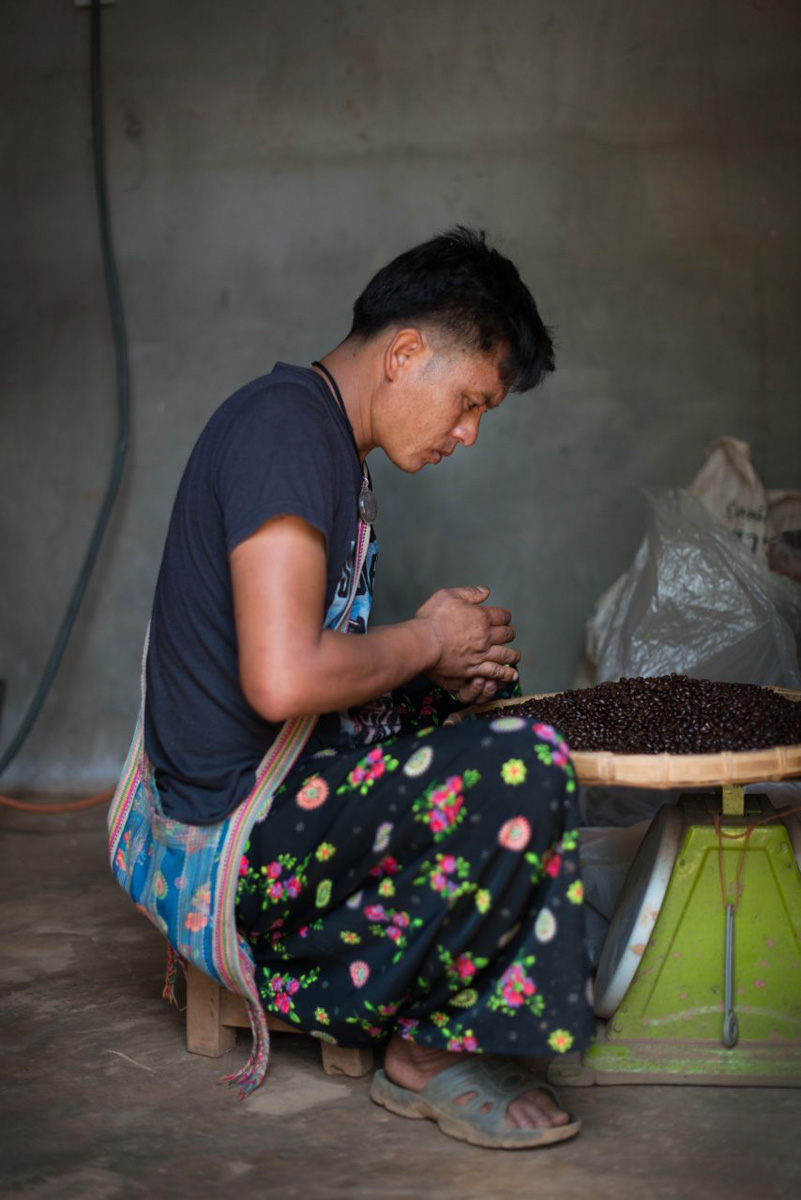 |
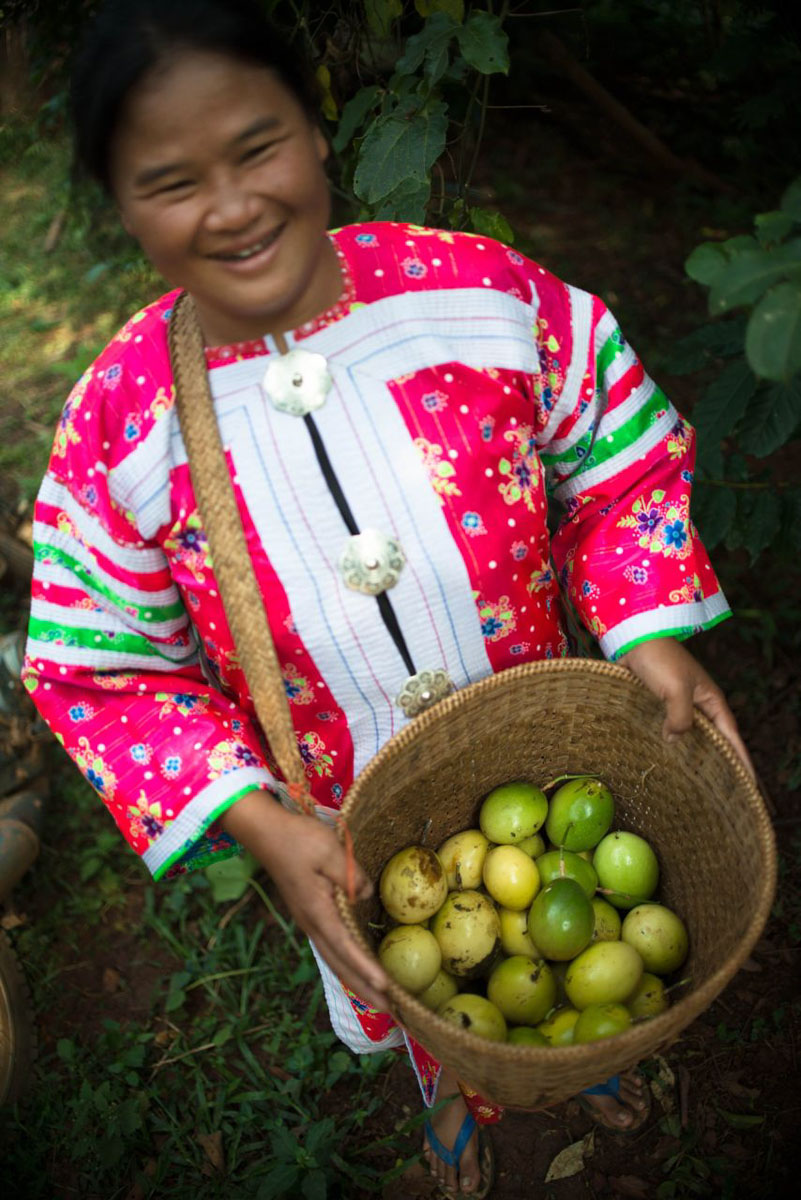 |
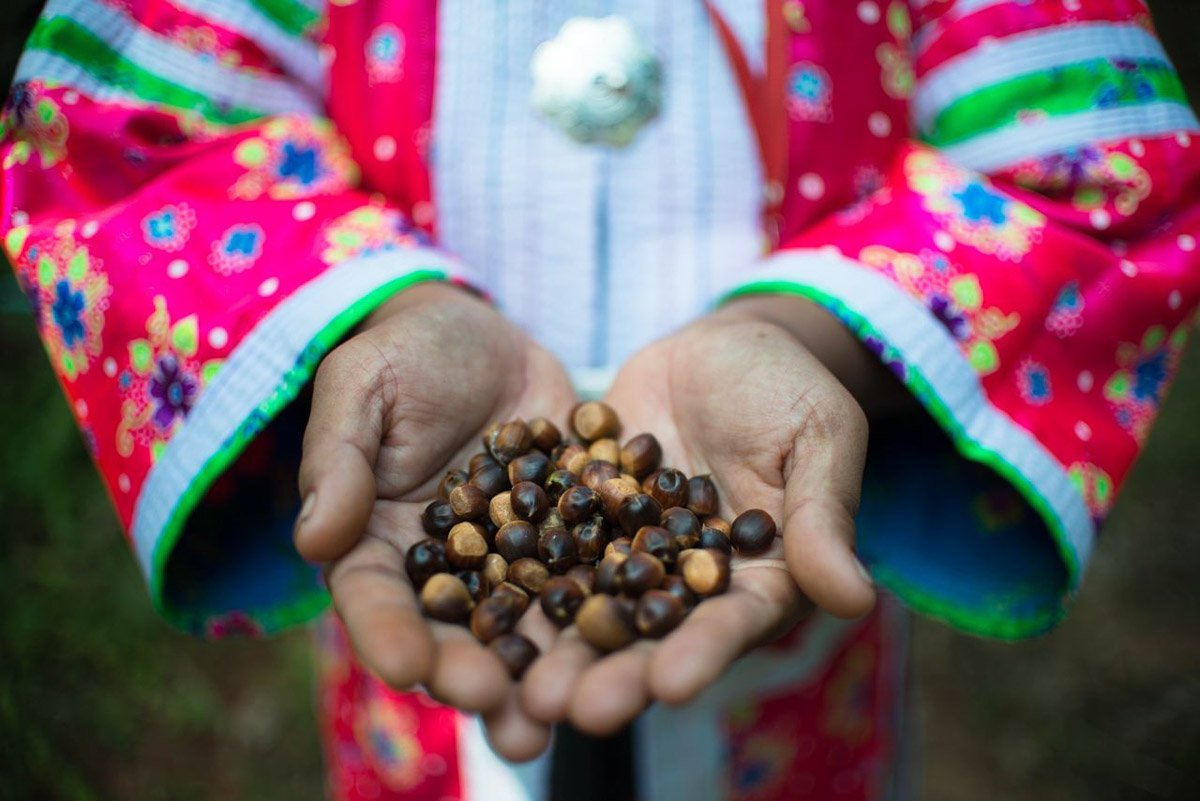 |
|
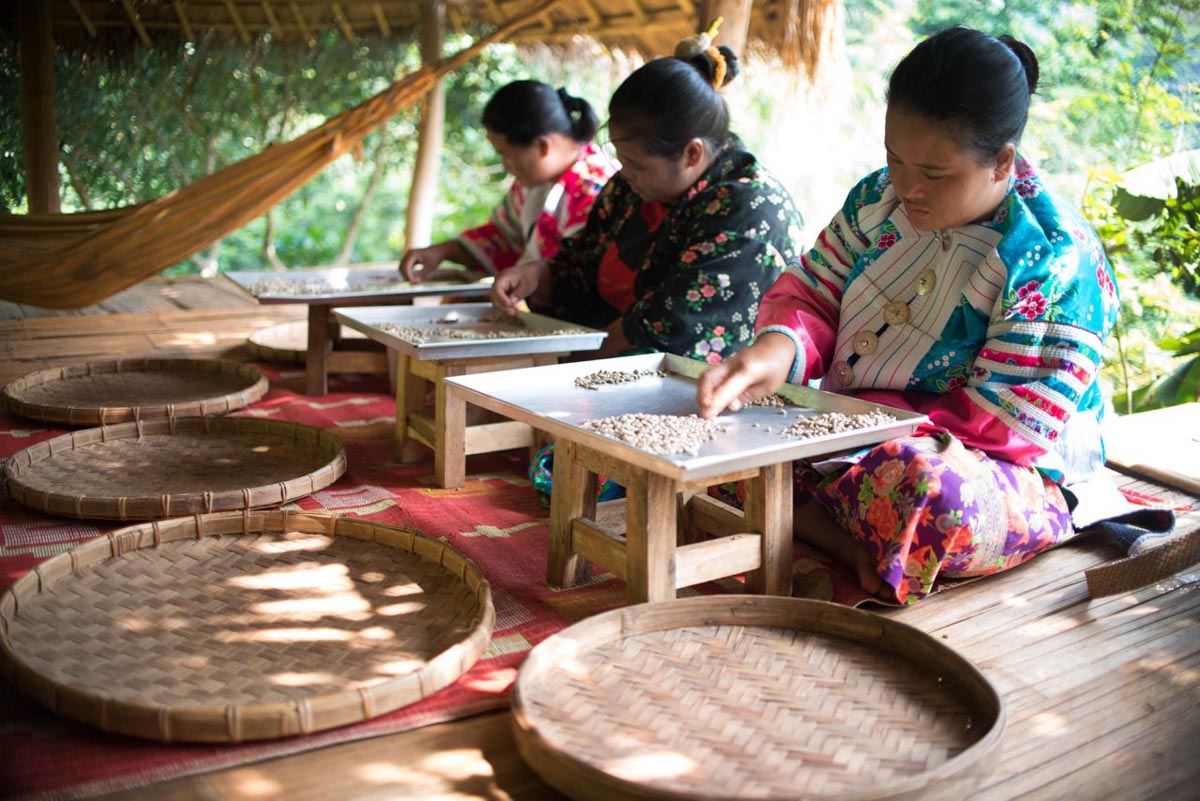 |
|
In the latter half of the twentieth century, as Westernization and the modern world spread into the highland and mountain regions, government pressure began the long, slow, and often violent process of phasing out the growing of opium, a traditional cash crop for the Lahu people. Along with this push towards sedentary agriculture was the more culturally harmful enforcement of a ban on traditional hunting. The Lahu for centuries had been known as the “people of the forests”, hunting, gathering, and harvesting the forests as they moved throughout the northern mountains.
This enforcement, coupled with further restrictions from the authorities, had a devastating impact on the lives, livelihood, and cultural practices of the Lahu people.
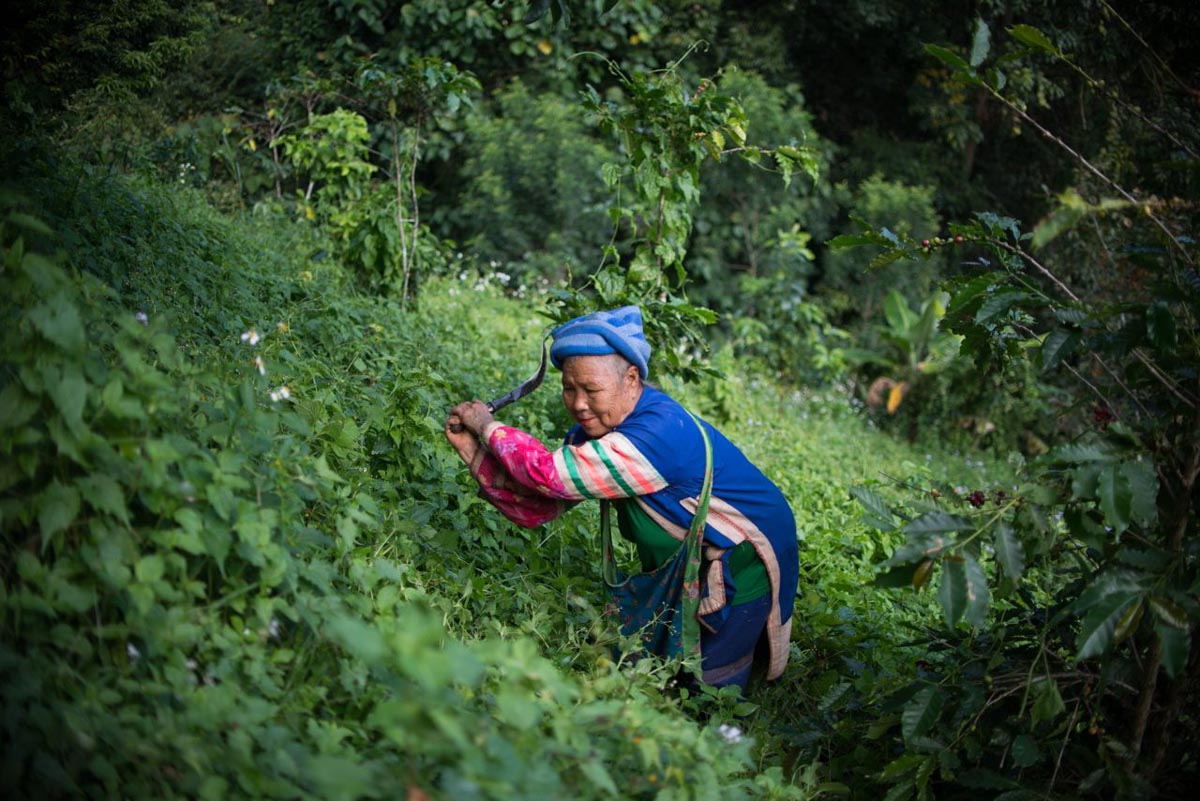
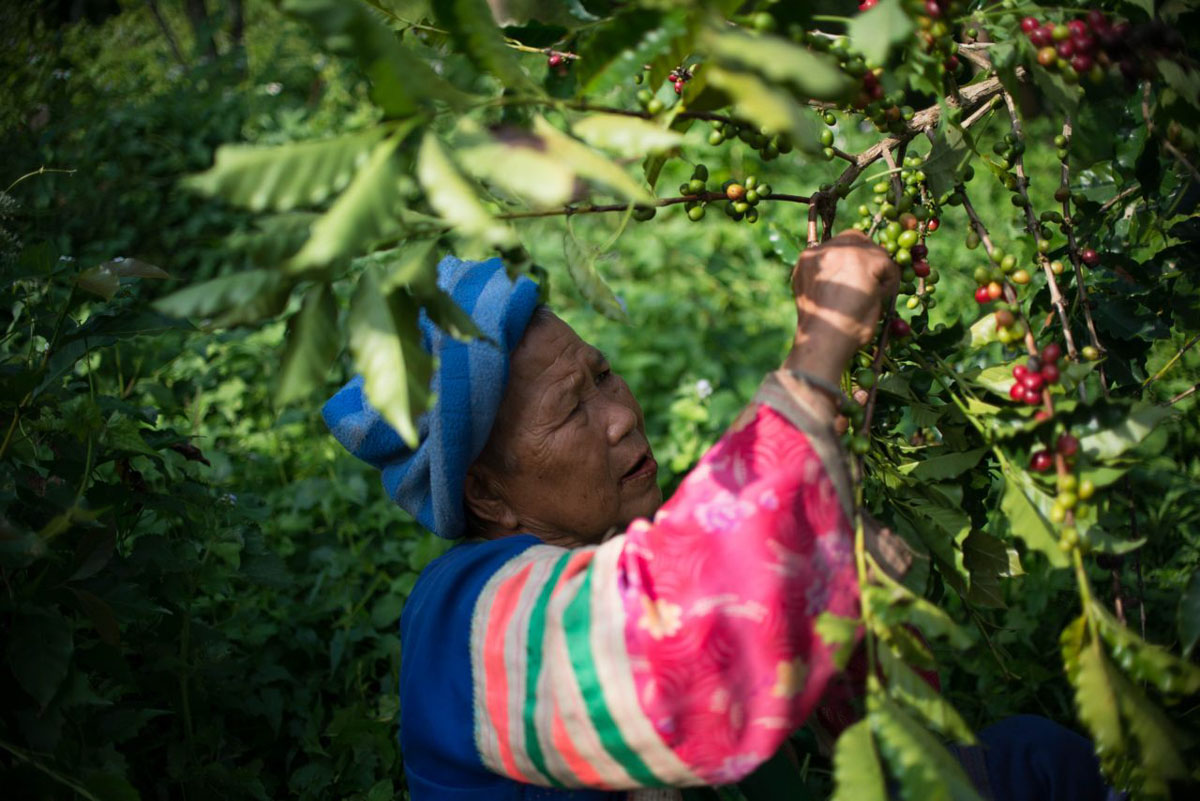
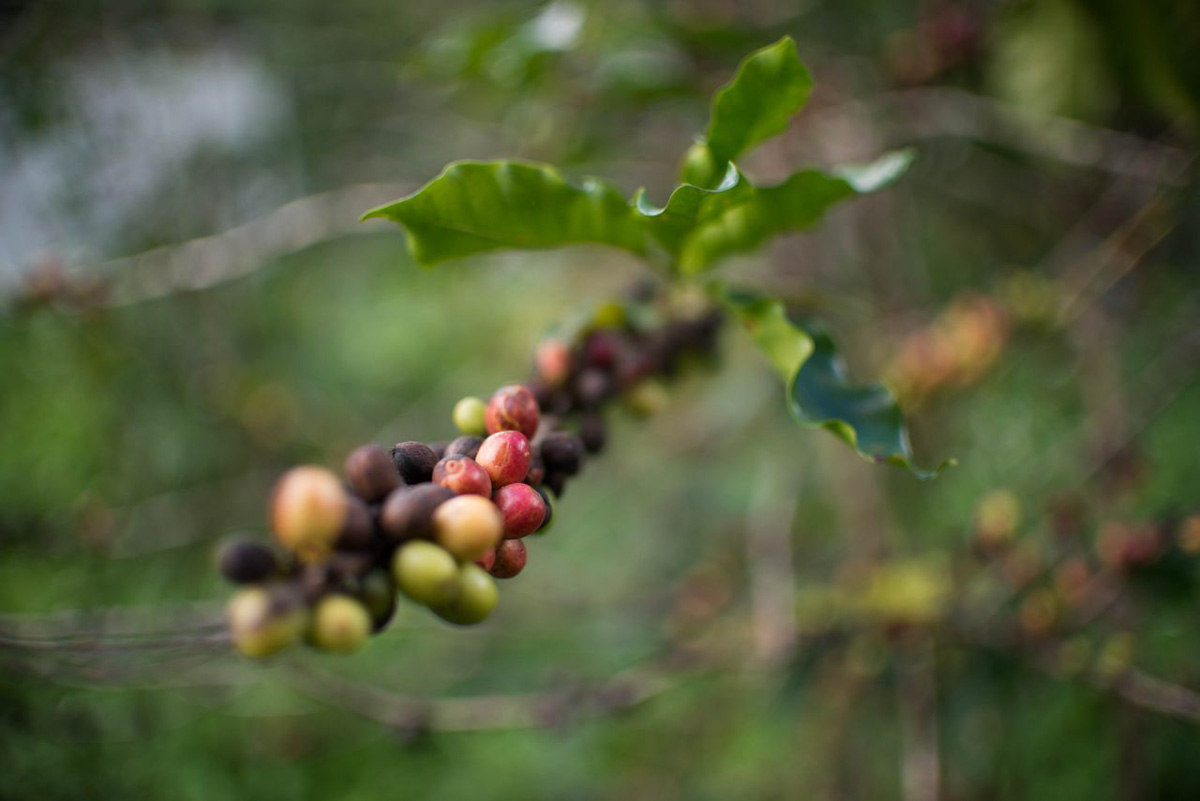
More recently, large agricultural and farming based companies have begun to push new, often harmful products onto these now sedentary and agriculturally-based communities, with little regard for the long-term effects on the people or the land. The most glaring is that of industrial corn and GMO seeds, which now dominate the mountainsides and have led to huge swaths of the once heavily forested mountains to be clear cut. This, coupled with the factory farming of flowers for sale in the lowlands who use huge levels of pesticides, which then filter back into the water, food, and bodies of the villagers who work these farms, have led to serious health and societal issues throughout the community.
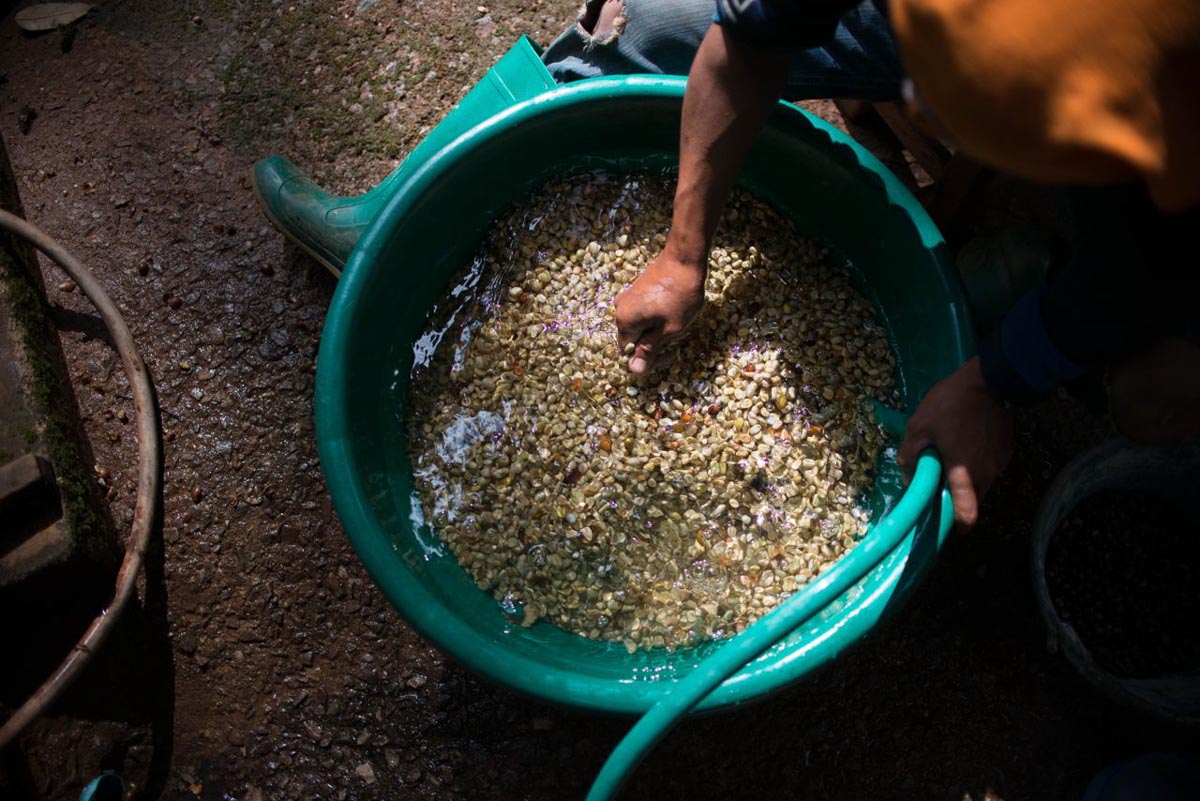
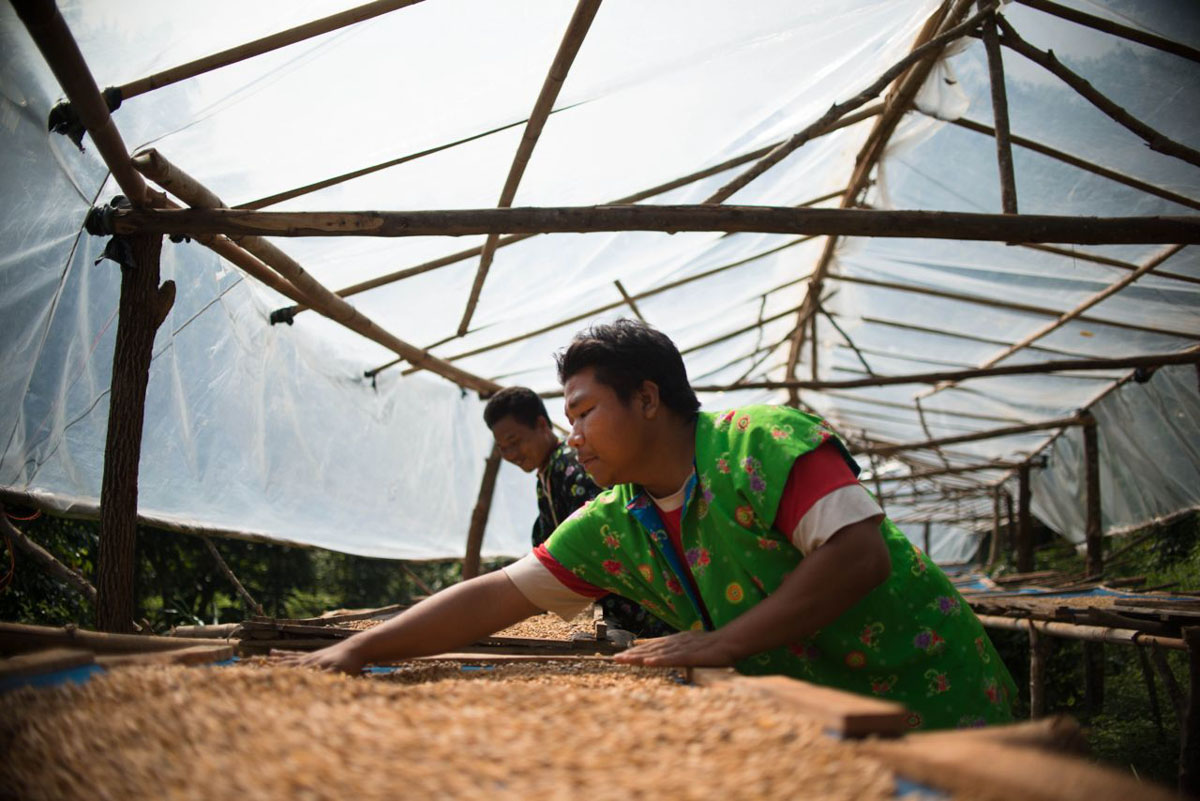
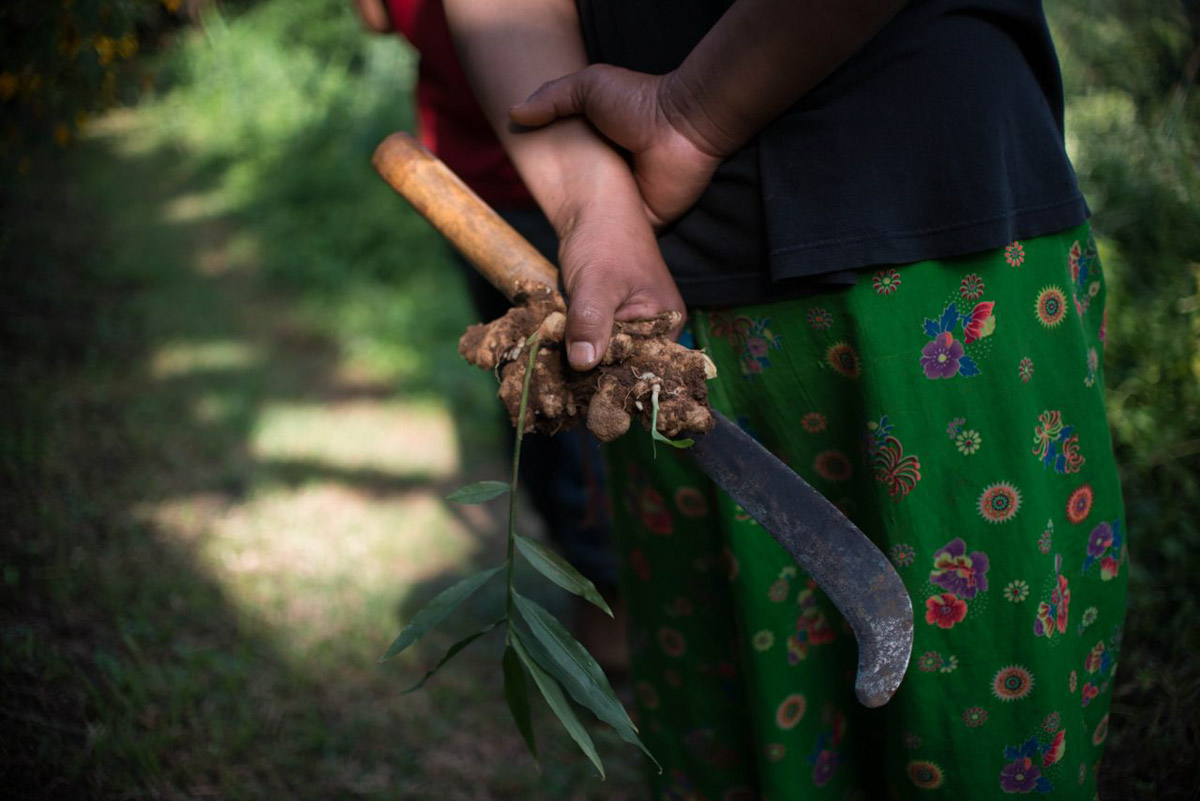
This is where the pivot towards organic and community-based initiatives began. Empowering the local community and village with the knowledge and skills to both protect the land as well as to improve their current conditions.
The farm grows a variety of fruits and vegetables that are sold both locally as well as in Chiang Mai and Chiang Rai in the lowlands, with its largest and most important crop being coffee, which is sold throughout the north of Thailand as well as gradually finding customers in both North America and Europe.
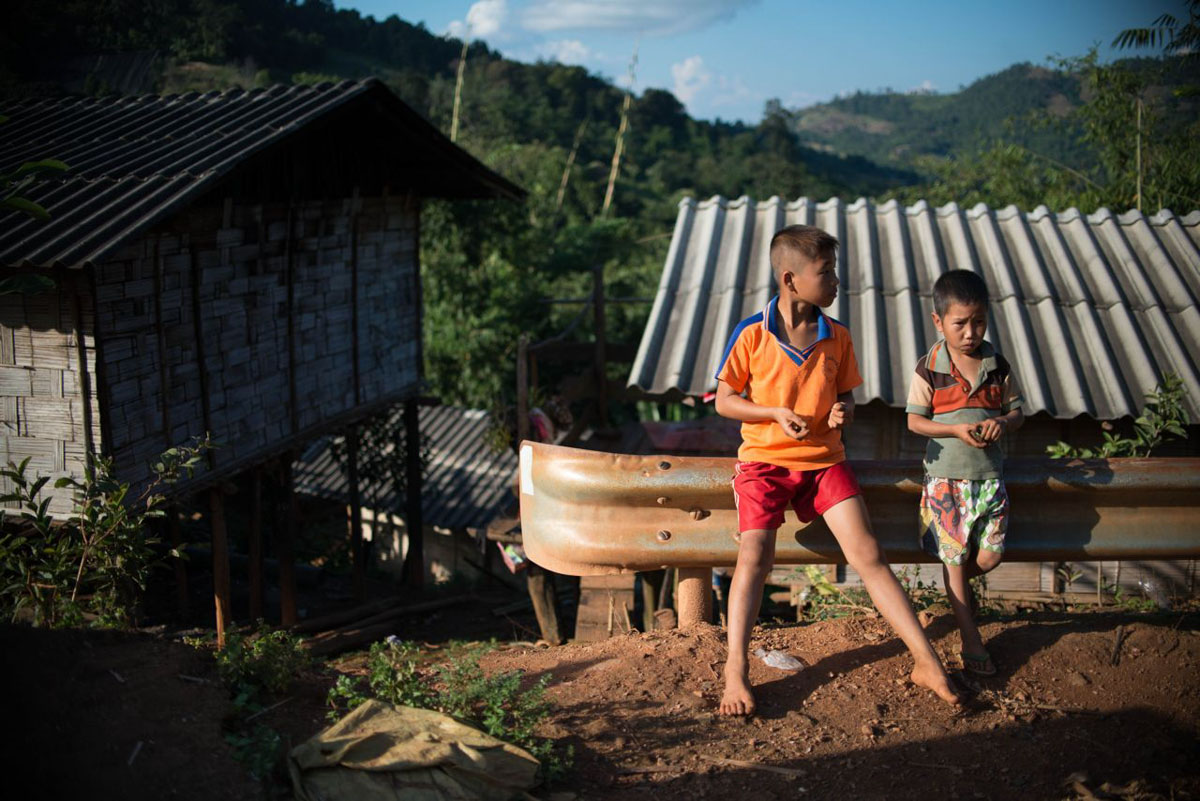
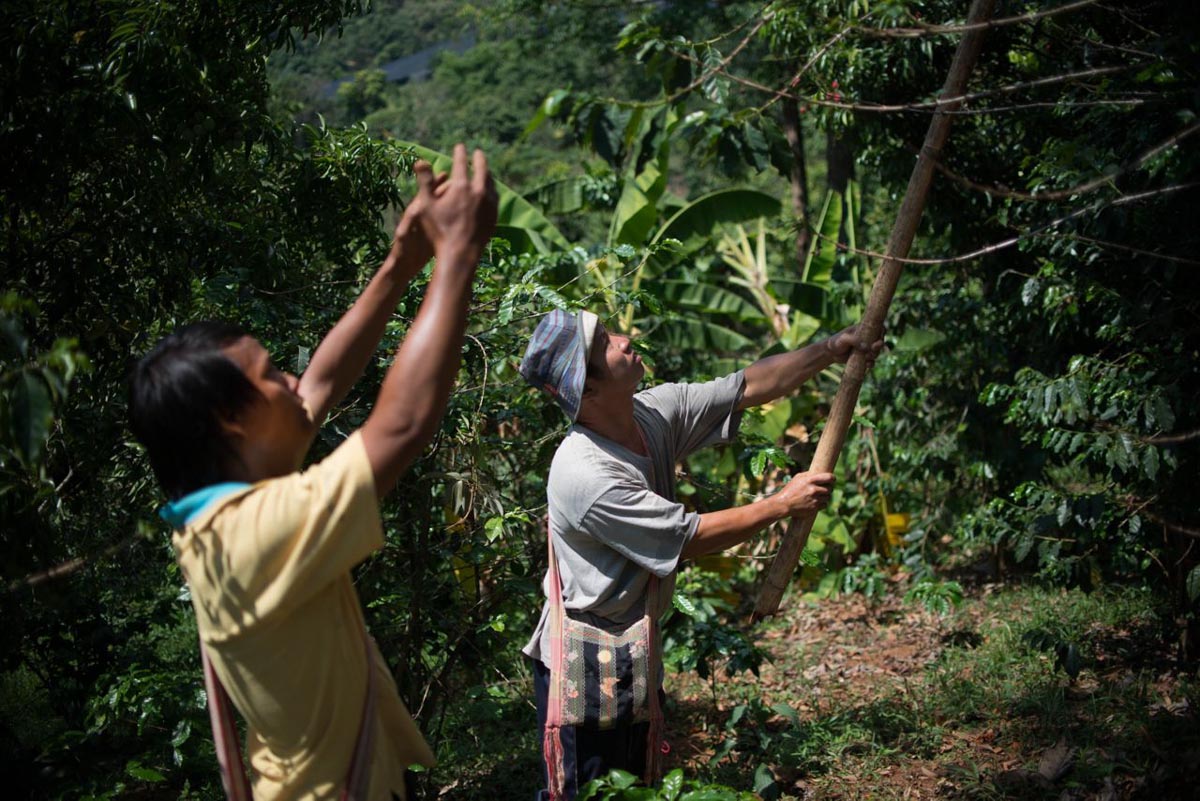
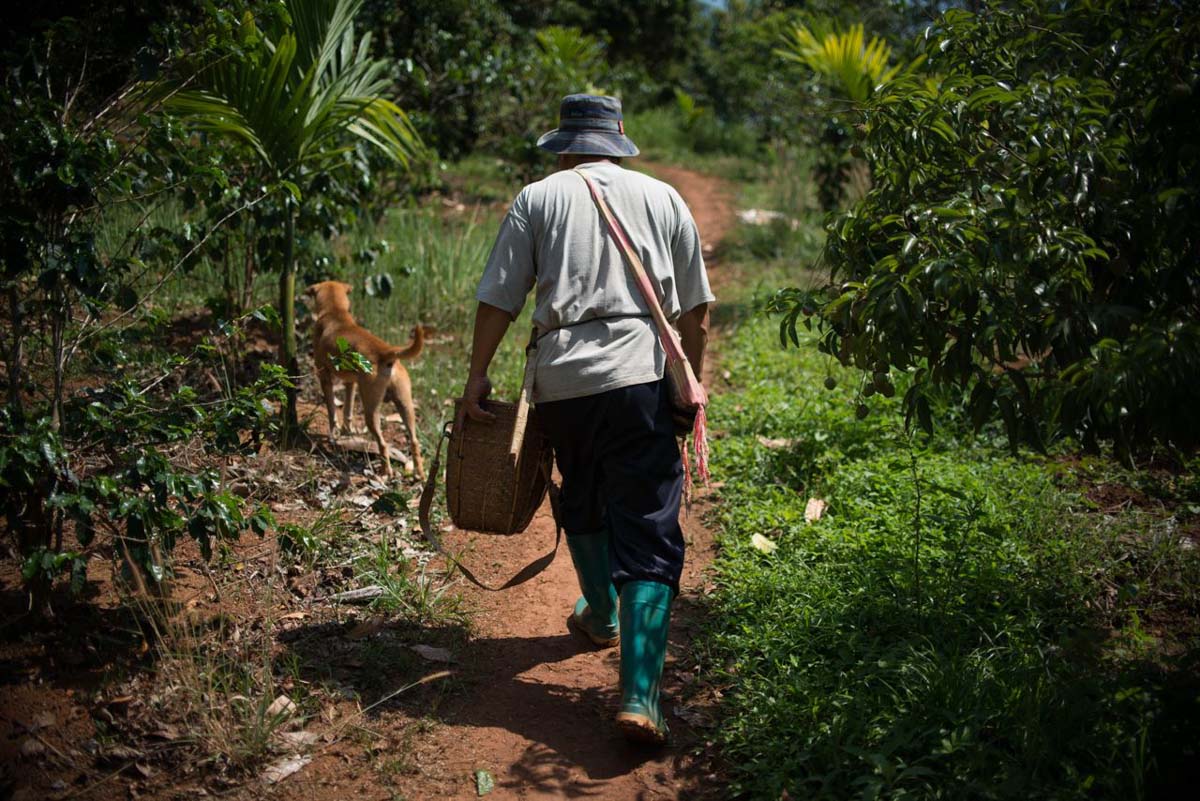
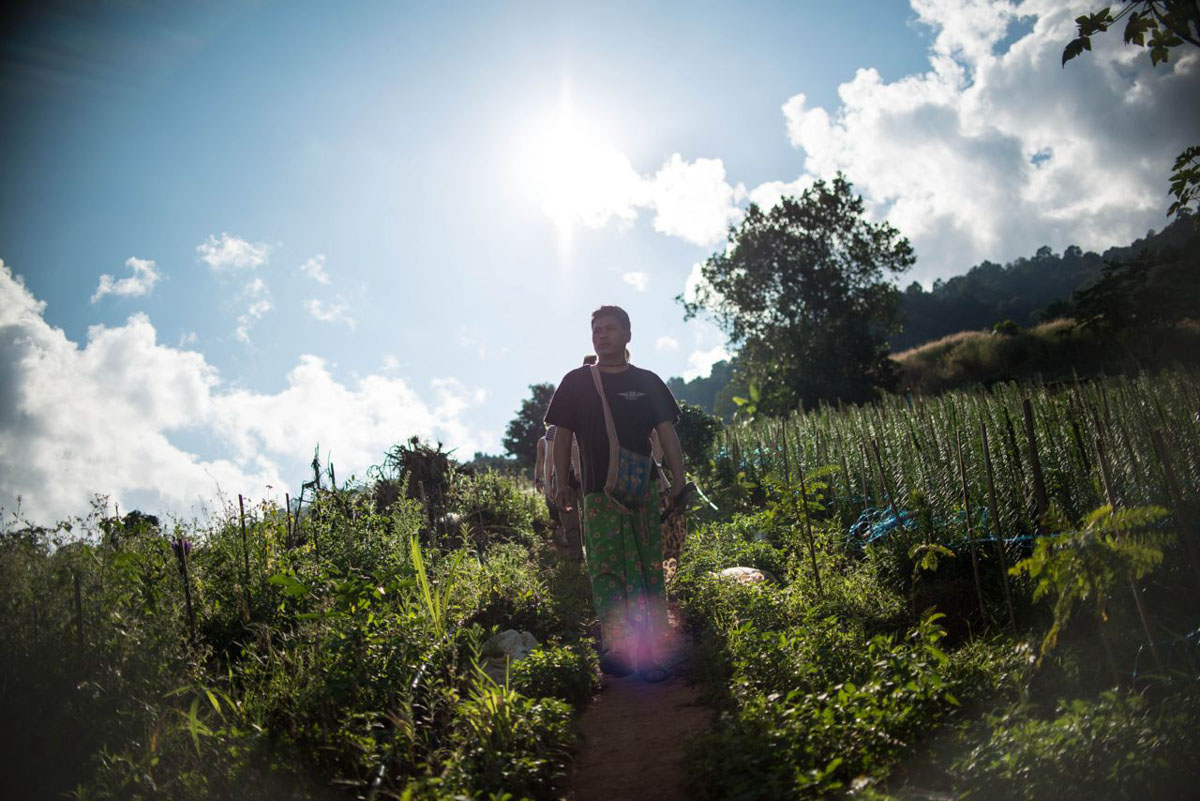

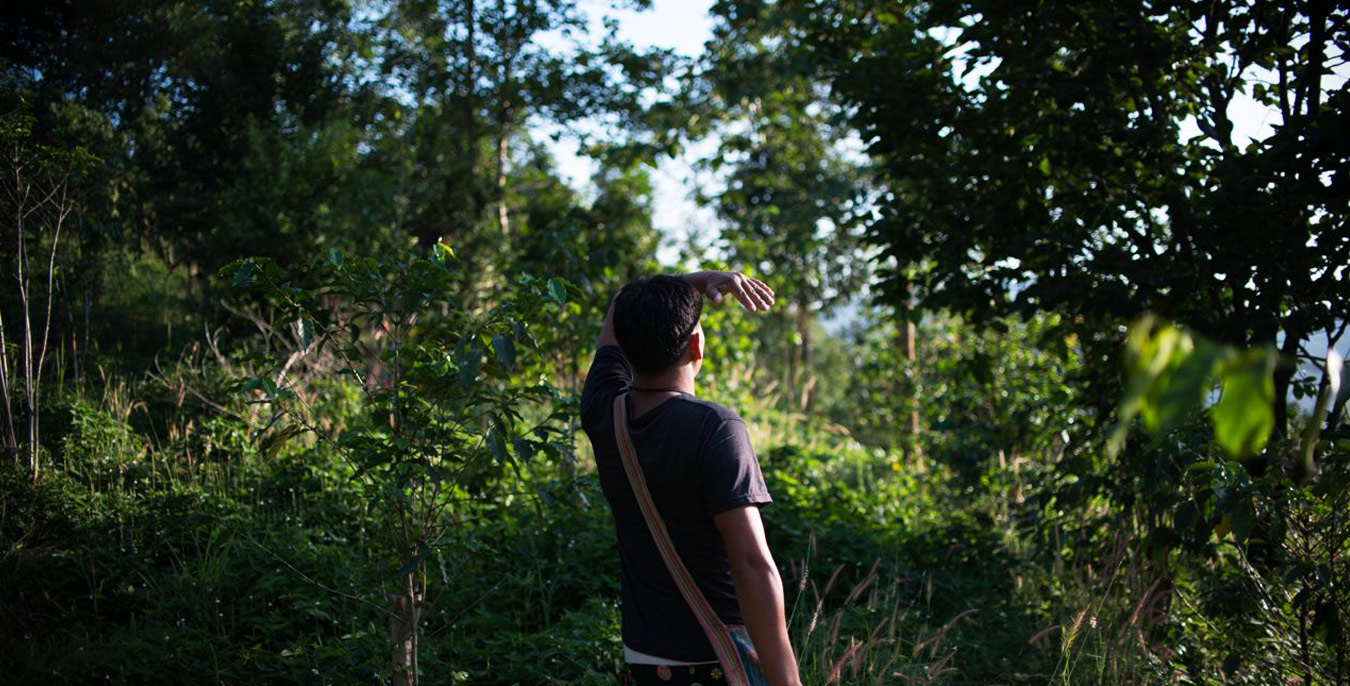

Our comments section is for members only.
Join today to gain exclusive access.